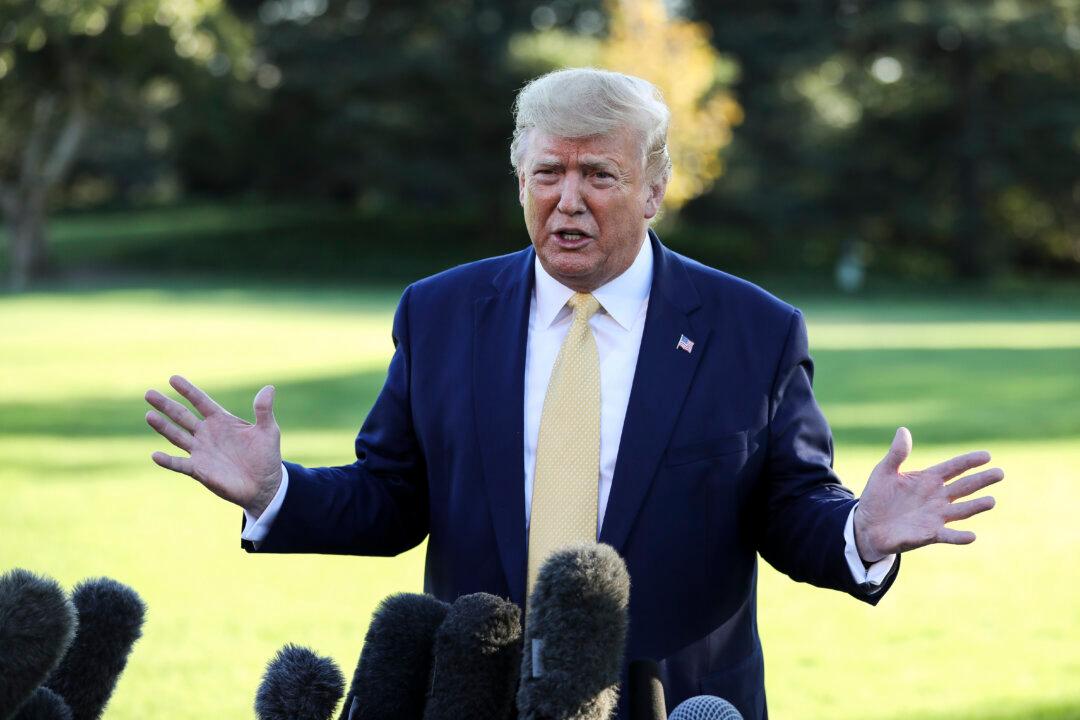The results of the impeachment inquiry are likely to be unreliable unless the House grants President Donald Trump the right to due process, a leading constitutional expert says.
Professor Robert G. Natelson, a law professor for 25 years who heads the Independence Institute’s Constitutional Studies Center, said the House is taking a political risk by not giving Trump the same due process given to every American citizen. He added that without these safeguards, the House is likely to bring impeachment charges that aren’t suitably based in law.




